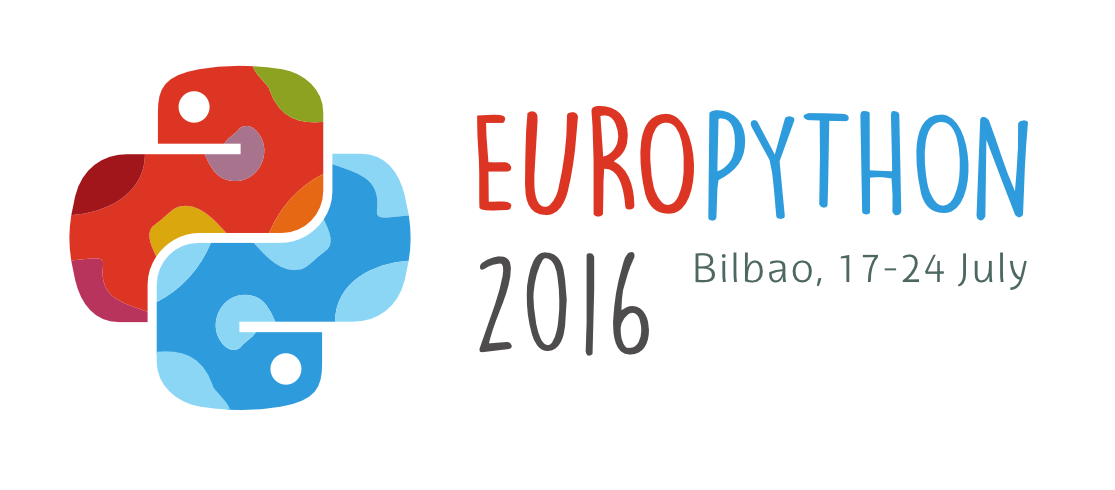Using Python on the BBC micro:bit in informal learning environments
This year, in an aspirational project led by the BBC, every 11 to 12-year-old child in the UK is being given a small programmable device. The BBC micro:bit has LEDs, input buttons, an accelerometer, a compass, input/output pins, power supply pins, and Bluetooth connectivity. It is supported by four different programming languages, one of which is Python.
Schools are central in delivering the project: the micro:bits are being distributed, through schools, to Year 7 pupils. However, the vision of the micro:bit project is that the devices are given directly to children. They are owned by the children themselves to do with as they wish.
I am involved in a six-month project based in a London borough library. The project’s aim is to develop support to use Python, on the micro:bit, in the context of informal learning spaces. These include extra-curricular STEM clubs, libraries, and Saturday coding clubs.
My poster will be a reportage of the project. It will cover the challenges of introducing Python for the micro:bit and the benefits Python brings. I will also consider some wider issues, such as the role of gender, in the roll-out of the micro:bit.
Comments
-
There is also a proposed talk on the same general topic by another speaker. Why do you think this should be presented as a poster rather than giving your own talk?
